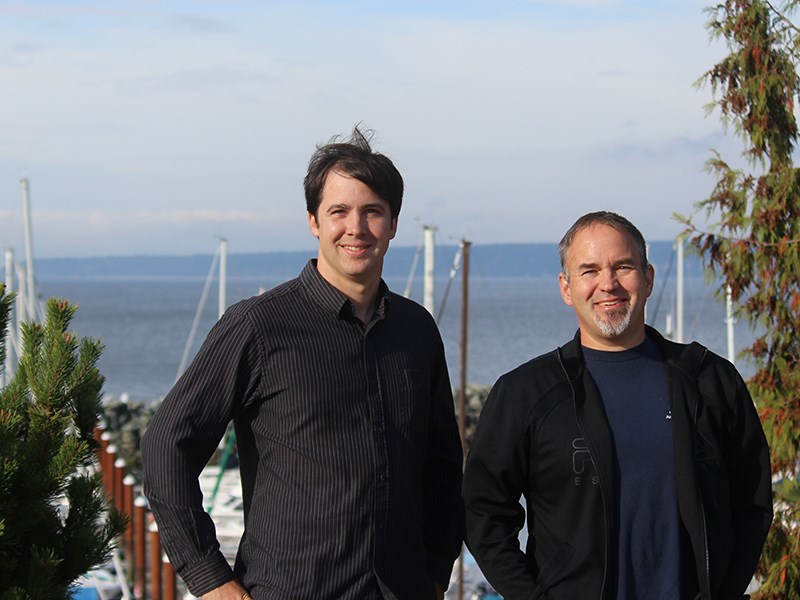Only Patrick Brabazon in Electoral Area A and Sandy McCormick, who won by acclamation on Texada Island (Electoral Area D) will be returning to the qathet Regional District board as directors. Brabazon received 190 votes, more than 100 ahead of both Denise Smith and Mark Johnston.
New board members include Mark Gisborne (Electoral Area B), who defeated Janet May by 32 votes and Alan Rebane by 80 votes; Clay Brander, who won Electoral Area C by a large margin; and Andrew Fall, who defeated longtime Lasqueti Island (Electoral Area E) director Merrick Anderson.
Gisborne, who follows in his father’s footsteps as Area B director on the board, said he will be focusing on road safety in the rural areas.
“That was one of the biggest issues that came up while I was out canvassing south of town; issues with the highway and issues with the lack of turning lanes in some areas,” said Gisborne, “One of the other big issues is drainage. We’ve had a number of heavy logging activities causing extra runoff.”
Brander had the largest margin of victory among all electoral areas with 200 votes more than fellow candidate Connie Keiver’s 143. Robert Higgin received 49 votes.
Brander said he will be bringing concerns of Area C residents about drainage and watching for development issues coming before the board over the next four years.
“Some of the ones that are going to be important are land use and zoning regulations in certain areas in some form,” said Brander. “Drainage because there’s a lot of water runoff and people are worried about what that’s doing to the waterfront.”
Brander added that development should benefit the community, not just developers.
The most important result that impacted City of Powell River in the qathet Regional District election on Saturday, October 20, was not who was elected to the new board, but whether a referendum asked of residents in Electoral Areas A, B, and C would be passed.
By an overwhelming margin, residents approved that the three mainland electoral areas, the most populous of the five areas, agree to a maximum annual taxation totalling $178,500 to share the cost of operating Powell River Recreation Complex with the city. The amount is approximately 4.46 per cent of the annual $4 million it costs the city to operate the facility.
In the three areas, 899 people voted in favour of the referendum, while 490 were opposed.
Area A had 184 votes for and 92 against. In Area B, 297 residents voted in favour and 167 against. In Area C, 315 voters said yes to the referendum question and 175 opposed it.
In advance polls and mail-in ballots, 103 voted for sharing the cost and 56 were against it.
Gisborne said he supported the results of the referendum; Brander also said he supported the yes side.



